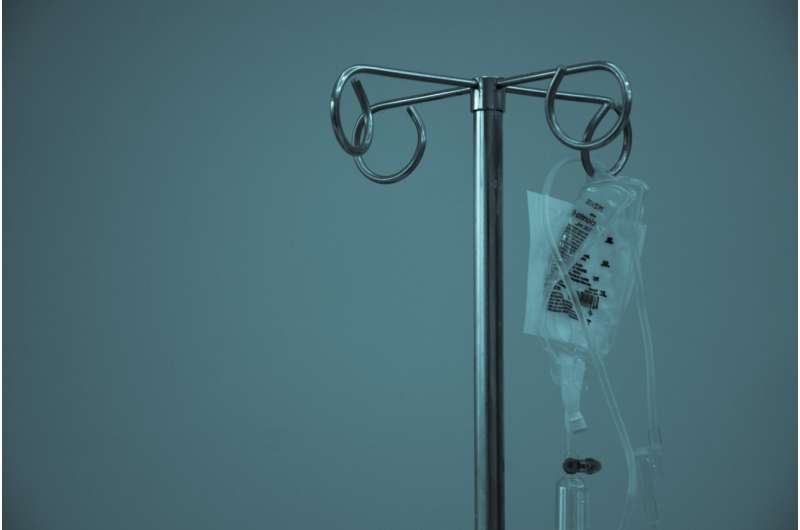
Patient-controlled intravenous analgesia (PCIA) is an increasingly used method to control postoperative pain. The authors of a new article in BIO Integration aimed to investigate the association between PCIA and recovery after flap reconstruction in patients with oral squamous cell carcinoma (OSCC).
Patients with OSCC who underwent flap reconstruction between 2016 and 2020 were reviewed (n=850). Baseline characteristics were compared between PCIA and non-PCIA groups. Propensity score matching (PSM) (1:4) was introduced to eliminate these confounding factors (n=505). Univariate analysis was performed to compare matched PCIA and non-PCIA group. Univariate and multivariate analyses were performed before and after PSM to identify factors that influenced length of stay (LOS) in hospital. The differences in characteristics of matched and unmatched groups were also compared.
Before PSM, the differences in flap types, smoking status, and radiotherapy history between PCIA and non-PCIA groups were statistically significant (P<0.05). After these factors were matched by PSM, LOS was 1.5 days shorter in the matched PCIA group than in the non-PCIA group (median, 10.5 versus 12.0, P=0.006). There was no significant difference in flap or medical complications, reoperations, or postoperative neutrophil-to-lymphocyte ratio (NLR) between the matched PCIA and non-PCIA groups. Postoperative glucose was lower in the matched PCIA group than in the non-PCIA group (median, 6.70 versus 7.30 mmol/L, P=0.021). Prolonged LOS was associated with postoperative PCIA, flap types, preoperative NLR, intraoperative red blood cell transfusion, fluid infusion rate over 24 h, and postoperative intensive care unit admission (P<0.05).
Source: Read Full Article
